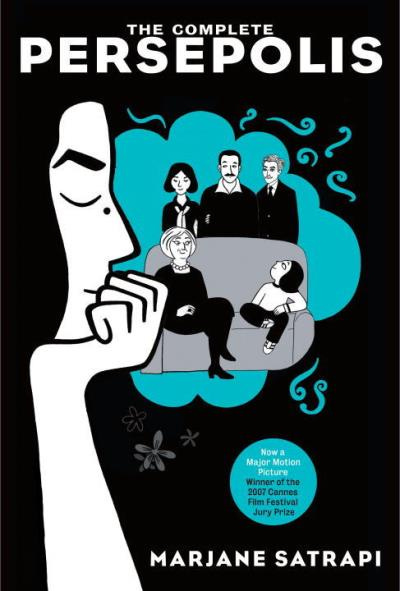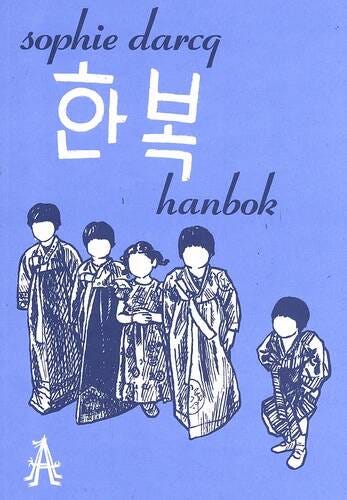Sunday Scribbles #7
Our first communal reading experience that centred Korean characters was Pachinko by Min Jin Lee. We read it in 2019 when our monthly book sessions were still at Shakespeare and Company. If memory serves me well, this sweeping saga, which follows three generations of a Korean family, stole everybody’s heart, mine included. Not only was the writing beautiful but the meticulous research carried out by the author showed so much love and respect for Korea, its people and its history.
But why am I talking about Pachinko? Well, if you haven’t read it yet then this is a PSA to do so. It taught me about a significant part of history and it was also where I first came across the term comfort women, a term that is far too gentle for the harsh reality of women being used as sex slaves by the Japanese Imperial Army in the lead up to, and during, the Second World War.
It’s time for me to get to the point. I discovered a reading challenge called #KoreanMarch, the initiative of @danchireads. There are many great reading challenges on Instagram, I have trouble keeping up. This one however felt share-worthy as it ties together many of the things that we love at The FBC Paris. Translated literature. Women in Translation. Voices that are neglected, ignored, or written out of history. Here’s the hashtag if you want to follow along or find reading inspiration.
Staying on the theme of Korea… this Nothing Is Foreign episode provides an overview of contemporary life for women in South Korea. Spoiler alert, it is not great. The current President, Yoon Suk-yeol, ran on an anti-feminist agenda with over 50% of the male population voting him in. For the President, feminism is to blame for the decreasing birth rate in South Korea and gender equality is pure myth. Bearing in mind, Korea has had the highest gender pay gap among OECD countries for over 20 years. (France is 10th).
Yoon Suk-yeol’s anti-feminist sentiment is a direct response to the gains made by feminist activists, prior to his election. 2018 in particular was a pivotal moment for women’s rights in South Korea, which the podcast episode explains in more detail. And this lengthy but worthwhile read from The Cut highlights the growing 4B* movement, which rejects the overwhelmingly patriarchal attitude of Korean culture, from unattainable beauty standards to worryingly high intimate-partner violence statistics.
What gives me hope on the bleak days is that women’s voices are getting louder and clearer. South Korean women are writing as protest, South Korean women writers are being translated and South Korean women are bringing the facts and figures to the table. I am here for it.
*bihon: saying no to heterosexual marriage.
bichulsan: saying no to childbirth
biyeonae: saying no to dating
bisekseu: saying no to sex in a straight relationship.
Currently…
Celebrating the brilliant Sheena Patel and I’m A Fan, which was longlisted for the 2023 Women’s Prize. You can listen to our podcast chat here.
Watching The Wonder, on the recommendation of a friend. I mean, I’ve watched it and my mini review is as follows: Florence Pugh is so compelling on screen. I forgot to breathe sometimes, this is a tense, dark film. Girls and women have always had to suffer in silence. Men using women’s traumas as a scientific case study is just ick.
Reading birthday present books!
Thanks for reading. Give us a follow on Instagram. See you next week, Lou xx







